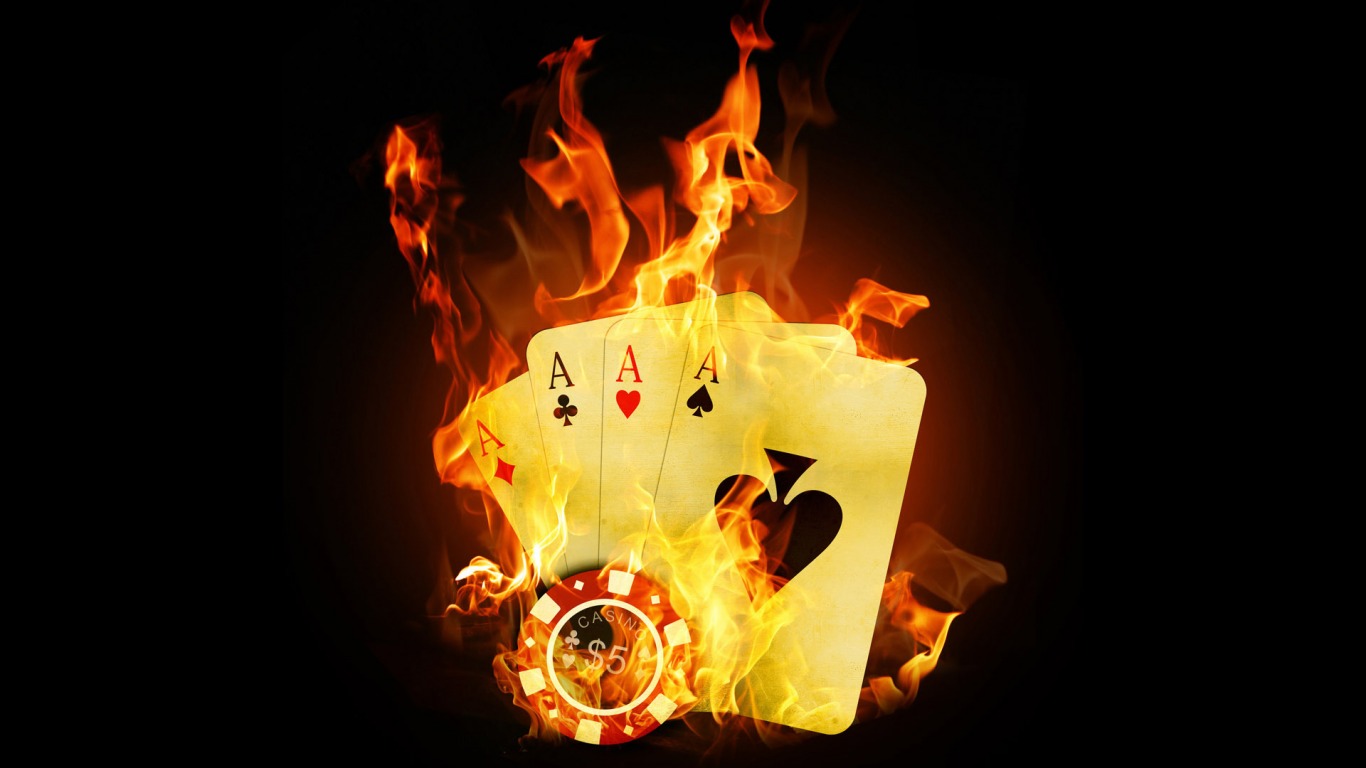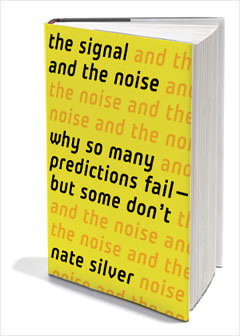
A few days ago, we talked about you a recently released book: The mental game of poker by Jared Tendler. Jared is an author, but also offers personal coaching sessions with the players who would like to work their "mental game", who would like to deepen what they read in the book. To give us an idea of the functioning of individual encounters, he offered to one of the PokerCollectif elite players a one hour session that was going to be recorded. I immediately thought that this session might be interested DrGiggy, him who, as Jared, is a lover of golf and poker.
The session was recorded (in English of course) and you can hear it here:
{mp3} rec_drgiggy_10_Aug_2011_13_00_47 {/ mp3}
For those who want to get the book of Jared, don't forget that you can get it on his personal site at mentalgameofpoker.com. Remember that you will get 10% discount when you use the promocode 555.
After its session, Giggy did a video to give his comments and impressions to the members of PokerCollectif of his meeting with Jared.
For those who have not read the review of the book, you can read it below:
This a few years ago already, all poker players were talking about Tommy Angelo when came the time to talk about the tilt control. As you know, several good poker players are losers simply because they tilt too. In parts of high limits where all opponents are competent, the edge (advantage) that will have on his opponents may be that we don't tilt not (or less than his opponents). In other words, in some parts, the edge of a player will be his "mental game".
Alan Jackson recently said in a video on BlueFire that he rubbed shoulders with poker players who were probably better than him, players with whom he has already spoken poker hours and hours. Whenever the player said something on poker, it made sense and it was intelligent. Yet, despite everything, these players were losing players in the long term. The problem obviously lies in their mental game! It is this problem that wants to remedy the author through his book The mental game of poker.
Jared Tendler has a master's degree in psychology from Northeastern University in addition to licensed Advisor. It is mental coach since 2005. Early in his career, he was coach for golfers from the PGA (Professional Golfers' Association of America). Today, he is a coach for poker players.
At the beginning of his book, Jared informs us of at the outset that it is not a good poker player, but that reassure us, this will remove the fact that it can help us in our goal of becoming a better player poker. Jared has been coach for several poker players known of which Dusty "Leatherass" Schmidt and Niman "Samoleus" Kenkre.
The book begins with an interesting example.
Take the example of Tiger Woods. At the end of the 1990s, this player has caught everyone by surprise and has stood out with its impressive performance. At this time, unlike many of his opponents, Tiger had a coach to keep physically fit and a coach dedicated to his "mental game". Several of his rivals were not in shape physically and having a coach to mind was something quite wacky for them. Today, almost all the PGA Tour golfers have their personal trainer, both to work their fitness than their mental fitness. Tiger has somehow established a new standard. This is what the author is trying to do for poker players. Regardless of the discipline, one of the ways to learn is to look at people who have success and see how they arrive at such a result. It mimics the habits of the winners.
It goes the same with poker players. Even if the fact of playing cards on the Internet does not require an incredible physical abilities or a particular physical strength, physical health is important for the career of a poker player. A holy spirit in a saint as body said. And as poker is a game of the mind, if this mind is alert, it should be in a body-shaped.
In short, the released work lately has several objectives including, to return at the beginning of the article, to control your tilt. For the author, several players believe seriously that they do tiltent not simply because they are not able to identify all forms of tilt. For the author, before checking the tilt, it must first identify it and then understand why it happens. The last step is to "cure"him.
The book is divided into 8 chapters that read almost like a novel. Obviously, one of the most important subjects or one of the most recurrent themes is the tilt.
Tommy Angelo readers say that they have already enough read on the subject and that it could become redundant read another book that deals with the control of the tilt. Having read several texts by Tommy Angelo and his book, Elements of poker, I must say that not. Jared Tendler brings several new features including different forms of tilt.
I said above that many poker players believe that they don't tilt not. For this reason, it is important to identify the forms of tilt. Personally, I know that I tilt on occasion when I play poker, but I had not identified any occasions where I tiltais.
For example, a player can imagine play his game when in reality, he plays his game B or his C game because it is trying to tilt. Tilter, means not necessarily get all-in every hand by frustration to have been suckouter. It can be as subtle as a player who doesn't take any notes on his opponents (when this player has used to take several notes on opponents) or the fact to play quickly.
If a player is accustomed to take notes on all his opponents and he is attentive to everything that happens at his table, even when it is not involved in a hand, and that this day, it does not, you could say of him what it tilt.
Or another example of subtle form of tilt; When the player plays his A game, he reflects and then takes the right decision. A player slightly tuned will play too fast and take its decision instinctively and think about its decision once it is taken. In short, play too fast is a form of tilt, and it is not all players who realize. It is something that is quite common among several players. Impatience on a poker table is a form of tilt.
The book is short (241 pages) and relatively expensive ($50), but for a player to 50nl and + (short, potential customers), is only one buy-in (or less, depending on your limit) and so it is a good investment. Think of all the times where you have tuned a buy-in without reason and you relativiserez the cost of this purchase that cannot only help you in your quest to become a better poker player.
In addition to being very beneficial, the book is very interesting to read, that in fact its great strength. Many people are afraid of falling asleep while reading works in this way, but I assure you that the author will be able to keep your attention.
This book caters to all poker players, from the beginner to the Advanced player.
The mental game of poker
Original English version only
241 pages, Hardcover
49.95 U$ D
Discuss this article on the forums of PokerCollectif: comments on The mental game of poker by Jared Tendler




